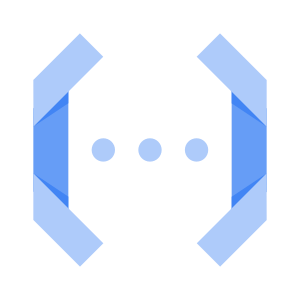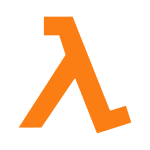RedHat OpenShift vs DigitalOcean Functions
Compare Service Types, Runtimes, Execution Limits, Compliance, Regions and Alternatives
Features
RedHat OpenShift
Service Types
Installable Platform
Functions
Containers
PaaS
IaC
DigitalOcean Functions
Service Types
Installable Platform
N/A
Functions
Containers
PaaS
IaC
RedHat OpenShift
Supported Containers
Docker
Docker Private Registry
Kubernetes
Managed Kubernetes
DigitalOcean Functions
Supported Containers
Docker
Docker Private Registry
Kubernetes
Managed Kubernetes
RedHat OpenShift
Supported Runtimes
Go
JavaScript
Node.js
PHP
Python
DigitalOcean Functions
Supported Runtimes
Go
JavaScript
Node.js
PHP
Python
RedHat OpenShift
Execution Limits and Resource Quotas
Min. Memory
N/A
Max. Memory
N/A
Default Timeout
N/A
Max. Timeout
N/A
Request Payload
N/A
Response Payload
N/A
DigitalOcean Functions
Execution Limits and Resource Quotas
Min. Memory
128 MB
Max. Memory
1 GB
Default Timeout
3 s
Max. Timeout
15 min
Request Payload
1 MB
Response Payload
1 MB
RedHat OpenShift
Compliance
APEC CBPR PRP
CSA STAR Level 1
ISO 14001
ISO 27001
ISO 50001
PCI-DSS
SOC 1 Type II
SOC 2 Type II
SOC 3 Type II
DigitalOcean Functions
Compliance
APEC CBPR PRP
CSA STAR Level 1
ISO 14001
ISO 27001
ISO 50001
PCI-DSS
SOC 1 Type II
SOC 2 Type II
SOC 3 Type II
RedHat OpenShift
Regional Availability
Deployment Scope
Depending Host
DigitalOcean Functions
Regional Availability
Deployment Scope
Regional
Alternatives are matched on service types, programming languages and container support





